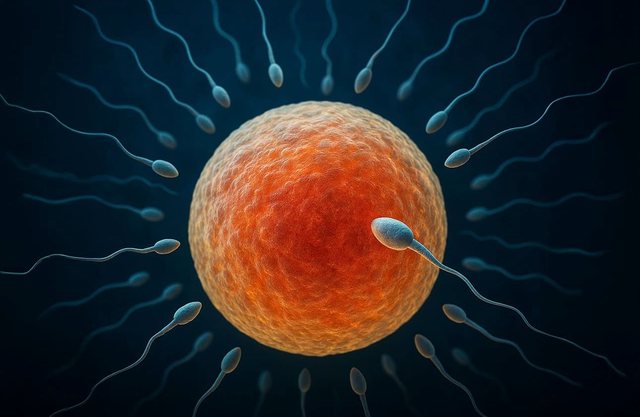
Scientists are developing new methods for mass-producing sperm and eggs in the lab, which could solve infertility problems for many people, but also raise ethical concerns and require a review of fertility laws. Eggs and sperm created in the lab, known as in-vitro gametes (IVG), could become a reality within a decade.
IVF is created from genetically engineered skin cells or stem cells, offering the potential to solve infertility, allowing any individual to have biological children, and even removing age restrictions on conception. This technology opens up the possibility of "solo parenting," where both eggs and sperm can be extracted from the same individual, raising concerns about recessive genetic diseases due to the lack of genetic diversity.
While solo parenting is likely to be banned, "multiple parenting," where two couples contribute genetic material to create an embryo, could be considered, as it carries fewer biological risks and has some social precedents. Some ethical concerns include the possibility of extensive screening of embryos, leading to a form of eugenics, and the possibility of higher-risk pregnancies in older mothers.
Researchers have already successfully produced healthy monkeys using eggs created in the lab. In a groundbreaking study published in the journal Nature in 2023, scientists in Japan created functional eggs entirely from stem cells. These eggs were fertilized and implanted into female monkeys, leading to the birth of healthy, fertile offspring.
They also produced healthy monkeys with two biological fathers. They created eggs from the skin cells of male monkeys and used these eggs to produce offspring, demonstrating the potential of IVF technology to revolutionize reproductive options.
While the application of this technology to humans is still in the investigational phase, the success with monkeys provides a promising basis for future advances in reproductive medicine.
Source: The Guardian





